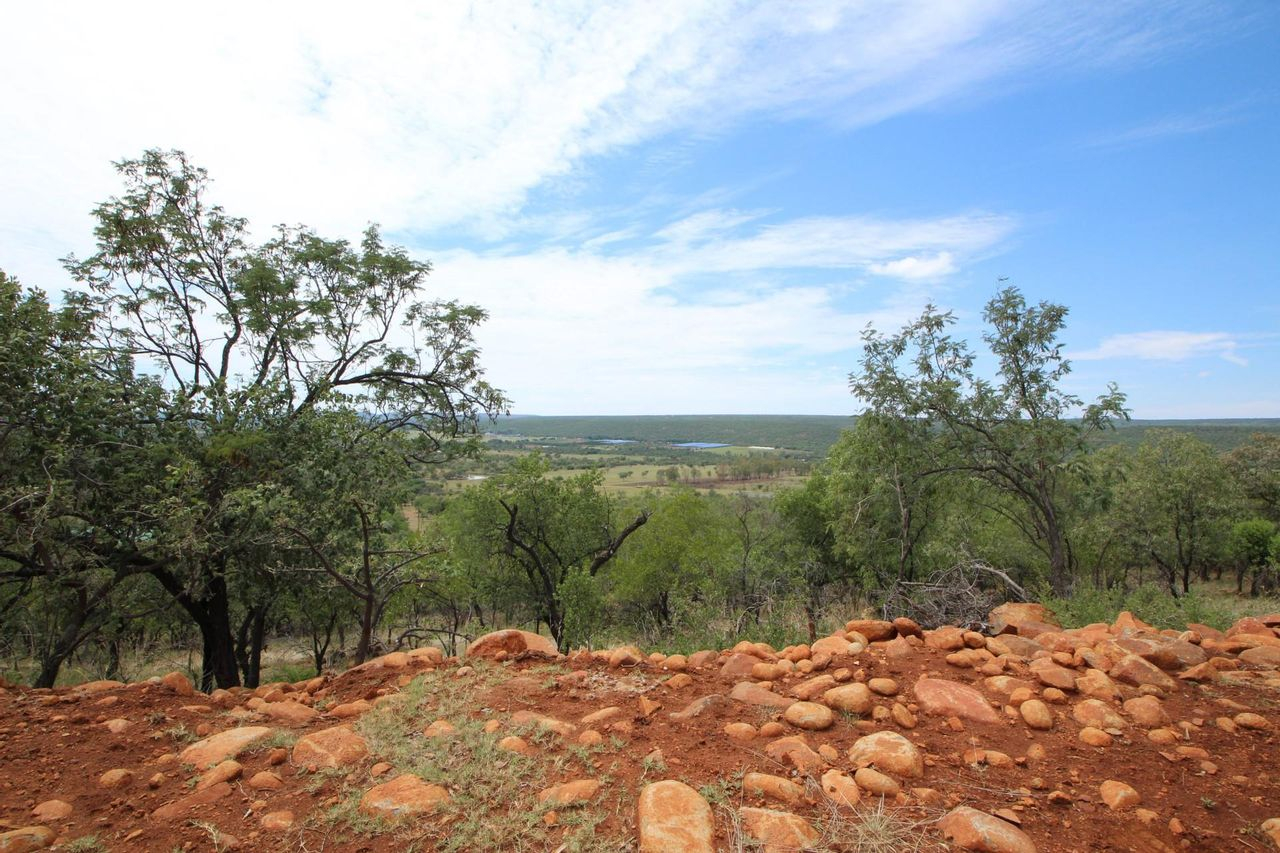‘Why must I know about land’, says Mr Mahlangu, who heads the Agriculture Department’s Waterberg district in Limpopo. ‘Land Affairs knows about land. Whether it’s for building or residential or agriculture. Not us’. I have asked Mr Mahlangu if he is not concerned about the wasted land in his district. There used to be oranges here, after all, and lychees, and watermelons.
I describe Groenvlei, midway on Modimolle Road, with its sick chickens, where Tsepo Ndlovu tried to make a living, but also became frustrated: the place where he beat his cousin. Where he was killed. Perhaps this would not have happened if there had been a future at Groenvlei. ‘It is up to the owners’, says Mr Mahlangu. ‘They may be preparing their land for something. You should speak to our media people’.
Between COVID, Christmas, and email that doesn’t work (the email doesn’t work at a great many government offices in Limpopo) I find an energetic media person who helps to investigate the specifics of Groenvlei. She comes back to say, with almost palpable relief, that ‘It’s not us. It is the communities’ fault. They are in conflict. They were supposed to set up a Board of Trustees and make a business plan, but didn’t’.
Conflict rings a bell. According to his relatives, Uncle Hendrick, the one who had called the police on Tsepo, had born a grudge towards the young man. Hendrick had been the first to chop wood and sell it; Tsepo doing the same had irked him. Hendrick had sometimes chased away Tsepo’s customers. After Tsepo’s death Hendrick had broken off all contact with the family, had not even attended the funeral. He was now running his wood business from Bela-Bela, Warmbaths.
But what does that have to do with a Board of Trustees and a business plan? Who among the erstwhile dispossessed families at Groenvlei even knows what those things are?
Trying to trace the history of the Groenvlei land claim, I find that some families, like Hendrick Ndlovu’s, are at Bela-Bela. There was a land claim in 2004; at some point there was a restitution payment of 57 million. After that it’s just rumours: fights among beneficiaries, failed boards, and in the end, nothing. ‘They are scattered’, says Mileton Tshililo of the Limpopo Department of Land Reform. ‘There are those who owned the land before the whites came and who are given restitution, but they are often not the same people who are still there. We try to unite them, train them, help them to farm the land. We have around two hundred projects’. And how often do these work? A pause. ‘The percentage of those that work is smaller than the percentage of those that fail’. A little earlier he has stated that ‘You can take a cow to the water, but you can’t make it drink’.
I tell Mileton Tshililo that the street where I live might very well also descend into conflict if someone tried to make all of us set up a business together. Compensation is one thing, but in the end the lands of the Waterberg still lie bare. Isn’t it time, after so many bad results, to stop blaming ‘communities?’ Mileton Tshililo responds thoughtfully. ‘Indeed, to go forward, something drastic may be needed’.
The question is who will do something drastic, when there is no one accountable authority in Limpopo? The silos, dysfunctionality, fragmentation and broken communication remind of nothing so much as of the Groenvlei community itself.
There should probably be someone at the top, somewhere, who sees the wasted lands of the Waterberg and thinks that instead of desolation, bald poultry, fights about electrical plugs and random shootings, there should be watermelons, oranges and lychees there.
An email to Thoko Didiza’s spokesperson remains unanswered, as does an email to the provincial MEC.
This story was first published in the Sunday Times, Johannesburg.


